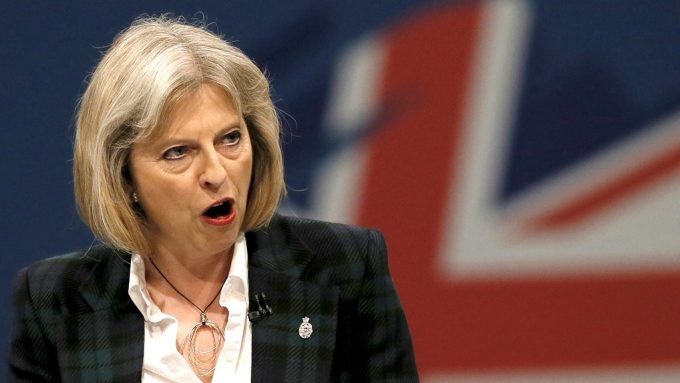New UK border checks on imports 'bring cost, confusion and frustration'
Supply chain leaders have warned of increased costs, confusion and frustration as the UK today ...

The Freight Transport Association (FTA) has urged the UK government to make the interests of the freight and transport industry a priority when it begins the formal process to leave the European Union.
The FTA is warning of the profound effects Brexit is likely to have throughout the sector.
Pauline Bastidon, FTA head of European policy, said the association was engaging with all government departments involved in the negotiations.
She said: “The decision by UK voters to leave the EU will affect all aspects of our membership. We are in the process of developing a manifesto, which we will launch next year, that highlights our core policies and aims from the Brexit process.”
Chief among these is promoting access to the single European market, customs and tariff procedures, and ensuring trade deals that benefit FTA members.
Head of global policy Alex Veitch said that as far as trade deals were concerned everything remained fluid, but the association had been putting together measures based on the result of a “hard” Brexit.
“With this assumption, we have begun to identify issues that will arise from the inevitable influx of new trade deals that will be required,” said Mr Veitch.
These issues relate to customs, rules of origin, hygiene for meat and agricultural products, product standards – such as those the UK can accept – and whether there is any potential for fast-track negotiation.
“Do we have to start from scratch when writing trade deals or can we ‘copy and paste’ existing [EU] deals?” asked Mr Veitch.
He also raised the issue of the Generalised System of Practices (GSP), a preferential tariff system for developing economies that provides exemption from World Trade Organization (WTO) tariffs.
“We have been pressing a post-Brexit GSP and asked our members whether they would be keen for the UK to adopt the existing EU GSP framework or develop its own,” said Mr Veitch. “More than 70% responded that they would seek temporary use of the EU legislation pending review of a UK tariff policy.”
When it came to GSP-plus – an extension including developing countries that have proved their commitment to sustainable development and good governance – the consensus was less clear, with a nigh on 50:50 split between keeping the EU framework and seeing the UK adopt its own.
“However, as a member in its own right of the WTO, the UK would first have to get a waiver from WTO members if it wanted to reduce tariffs for, say, developing economies,” said Mr Veitch.
The FTA also surveyed its members to find out which regions were their most important origin and export markets. The survey further highlighted the importance of the EU market for UK business, with the bulk of exports destined for countries in Europe.
“We need to promote a post-Brexit business-friendly environment for our European neighbours,” said Mr Veitch.
“If we do not establish preferential deals before we leave the single market, we would default to WTO rules and see a significant increase in prices.
Comment on this article